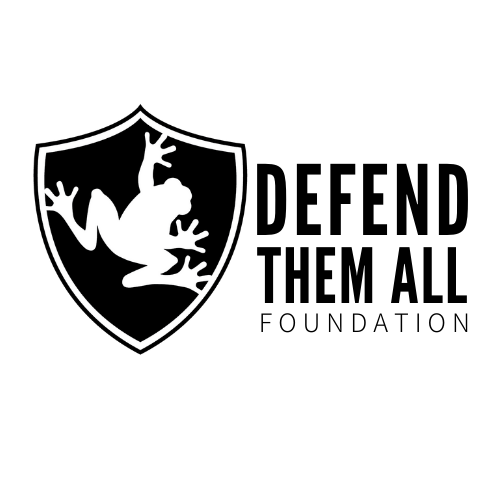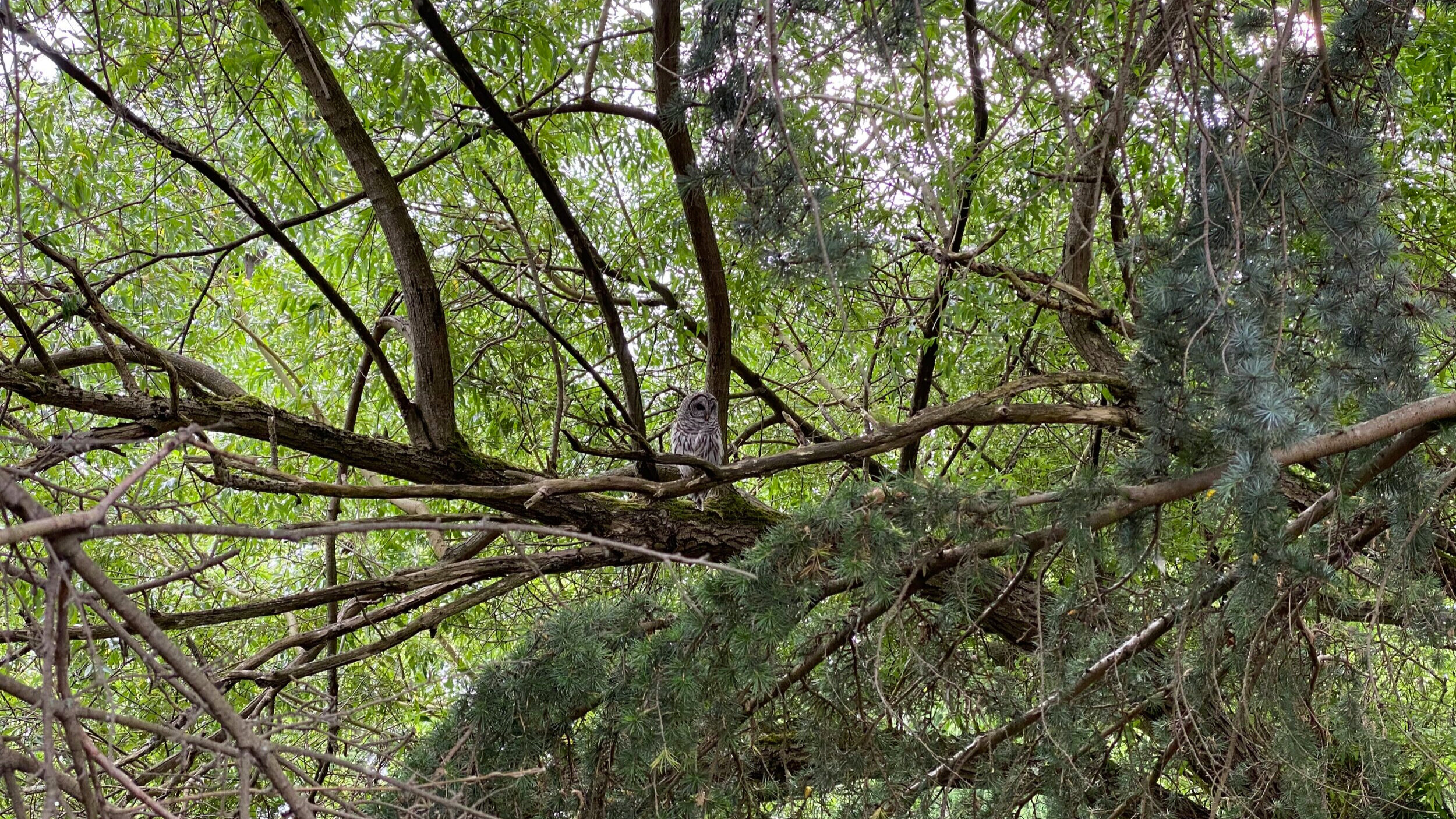District of North Vancouver , B.C. Votes to Ban the Use of Rat Poisons
On Monday, June 15, the District of North Vancouver British Columbia Council unanimously approved Councillor Megan Curren’s motion to ban anticoagulant rodenticides on all District-owned properties. The long-awaited shift was met with tremendous support as recent owl deaths have raised awareness of the harmful effects of rodenticides on North Vancouver’s treasured owls and other wildlife. Council also committed to petition the Province to follow their lead.
Presenting the motion in the context of an ecological emergency, Councillor Curren quoted IPBES Global Assessment Report: “Nature is declining globally at rates unprecedented in human history — and the rate of species extinctions is accelerating, with grave impacts on people around the world now likely.”
"We’ve known the science for over a decade. There are alternatives. We can take action at the local level and inspire change in other communities." Councillor Curren continued, quoting Vice Chair of IPBES, Sir Robert Watson: “It’s not too late to make a difference, but only if we start now, at every level, from local to global.”
Council members showed overwhelming support, stating that “this motion is an obvious, no-brainer “ (Councillor Muri). “This community loves their owls,” said Mayor Mark Little, noting his recent experience with an owl rescue, and his own family’s fondness for the owls around their home.
Numerous letters of support were submitted by local and province-wide conservation groups, concerned citizens, and biologists. Additionally, over 10,000 signatures were collected through a change.org petition (Yasmin Abidi credit). Councillor Jim Hansen stated, "These letters prove overwhelming support from constituents with a unified public response."
Marie Turcott, law student at the Peter A. Allard School of Law and Defend Them All Foundation Fellow, produced a comprehensive report on the legal framework for pesticide regulation in Canada with a focus on rodenticides.
Many of B.C.'s treasured native and at-risk species face serious risks of AR poisoning. In addition to rats, small animals including songbirds, shrews, voles, and other non-target mammals and invertebrates are known to access bait boxes containing AR. This direct feeding is contaminating the food-chain and wider ecosystem: Birds of prey, coyotes, bobcats, foxes, skunks and other mammalian predators that feed on small animals have been found to have traces of ARs in their systems. Owls and other raptors are at a particularly high risk of secondary poisoning because of their dependence on rodents as a food source. Between 1988 and 2003, 70% of dead owls from B.C. had residues of at least one rat poison - and the number of owls dying by poisons has only escalated over the recent years. The federal and provincial governments have an obligation to treat the well-being and protection of the environment as a primary consideration.
Owl Watch B.C., a North Vancouver based wildlife advocacy coalition, is celebrating the council’s move and plans to support council staff in promoting broader community awareness of the harms posed by anticoagulant rodenticides. “This is a monumental step forward for wildlife in our community” said Elise Roberts, North Vancouver resident and coalition co-founder. The group will continue advocating for change across the Province.

